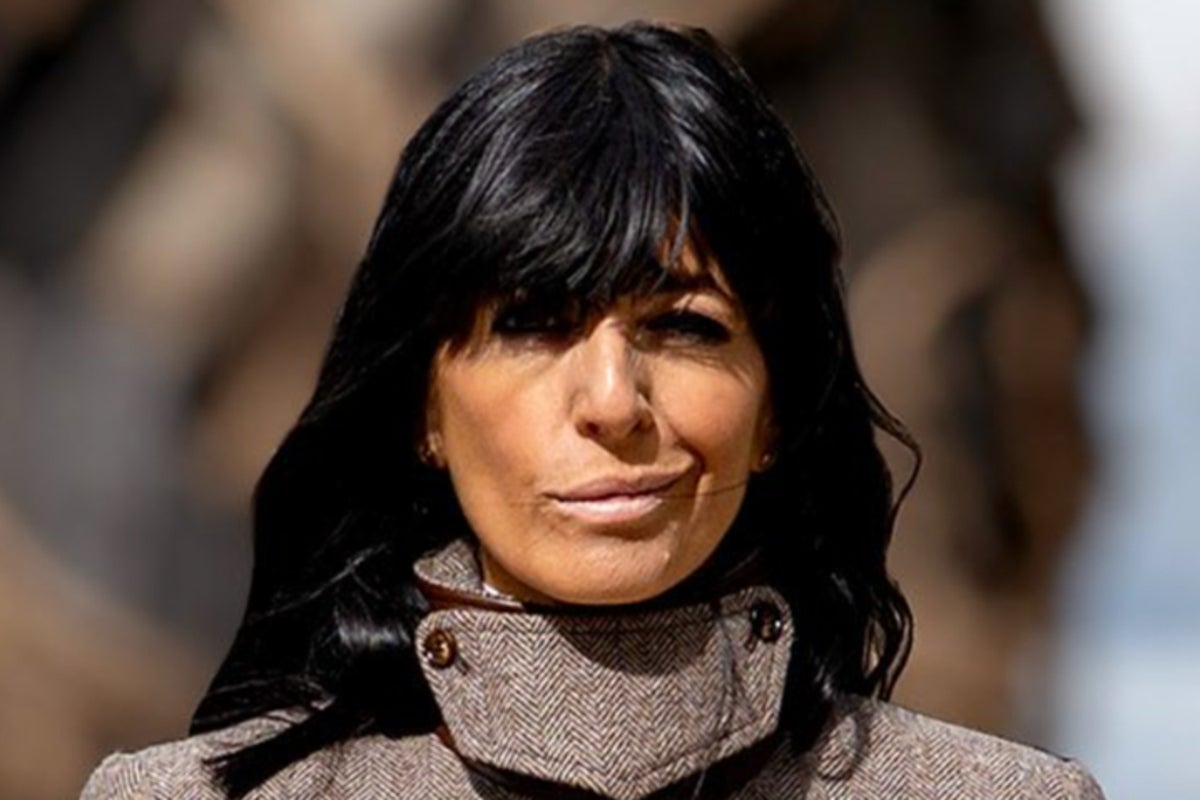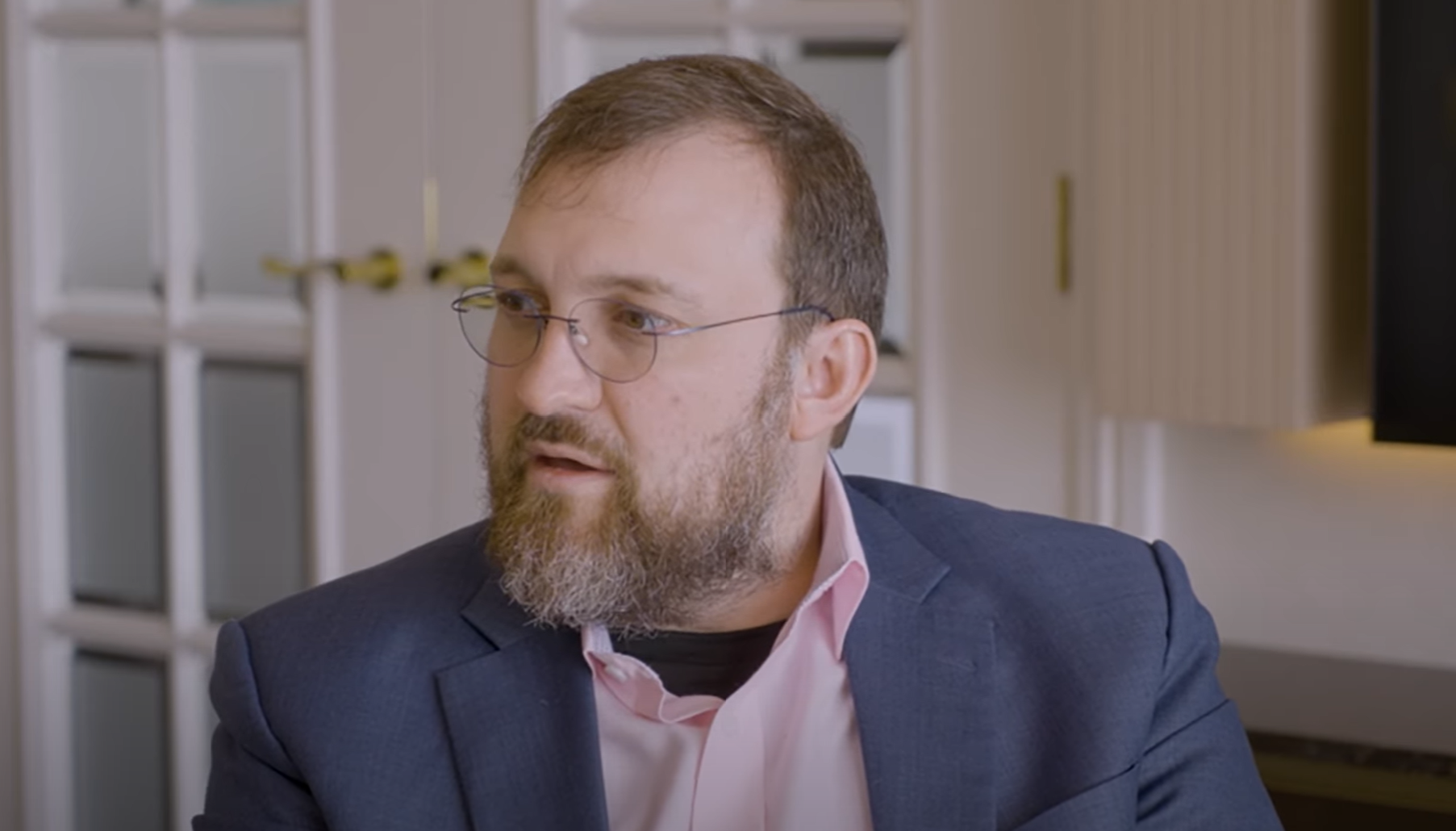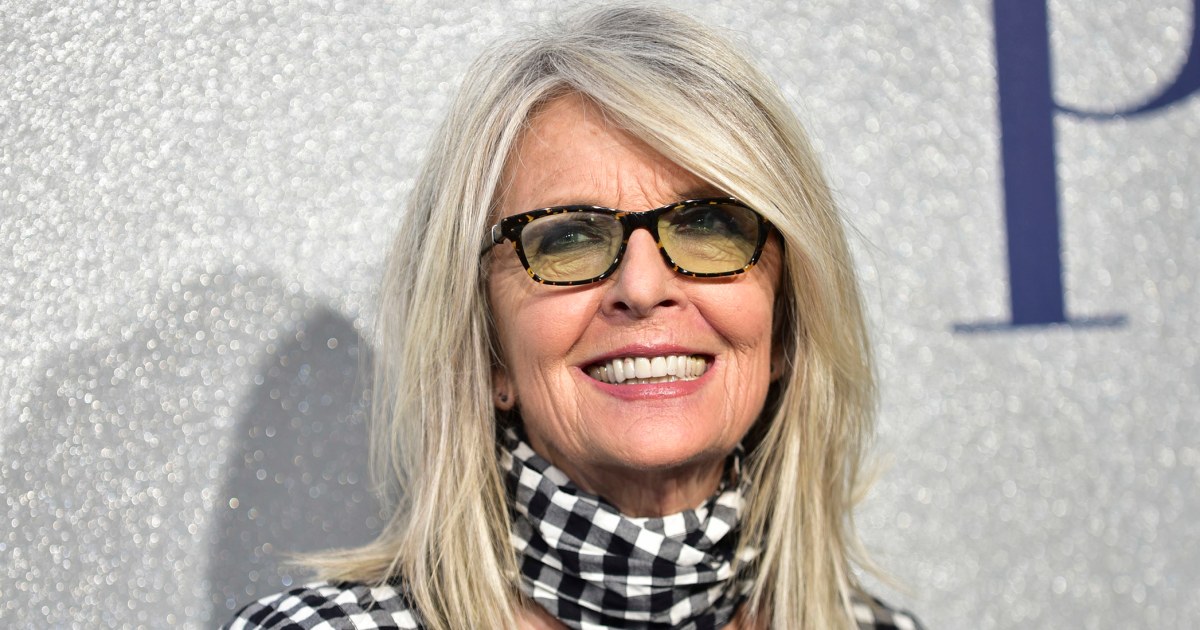This article is written by a student writer from the Her Campus at Kent State chapter and does not reflect the views of Her Campus.
In a world full of advancements, artificial intelligence is taking over. For better or worse, AI is unavoidable in almost every workforce. One of the few untouched fields was acting. How can AI recreate the emotion and delivery of an actor? Well, if there’s a will, there’s a way.
Tilly Norwood, the first-ever AI actress, was introduced to the world earlier last month. Naturally, this caused a major uproar in the acting and AI community. Tilly is powered by Xicoia, a Dutch AI studio via Van der Velden. A number of agents were actually interested in “signing” Norwood, Van der Velden even saying that Tilly’s aspirations were comparable to real actresses.
Backlash is natural with just about anything, but Norwood faced a special kind of backlash. Because of the intentions of Tilly to become a strong actress comparable to Scarlett Johansson or Natalie Portman, actors are responding strongly to the fictional actress.
Hollywood’s actors union, SAG-AFTRA, responded to the introduction of Norwood by saying, “The union is opposed to the replacement of human performers by synthetics.” Other actors are quoted, saying how scary the advancement is, and how human art such as acting is sacred and cannot be replaced.
“You look good. But you look empty,” Betty Gilpin, a human actress, said in response to Norwood.
Van der Velden responded to the controversy by saying that Norwood was art and a creative work rather than a replacement. Regardless of the statement, the backlash just keeps rolling in. As early as last week’s SNL episode, Amy Poehler slammed the actress during her opening monologue, making a joke about how the robot is incapable of doing so.
AI is never-ending. It is only growing stronger as the days go by. With the strengthening technology, opinions and controversy are growing even stronger. Whether or not you support the usage of an AI actress, the impact it will have on the acting community will change pop culture as we know it. Artificial intelligence, no matter how powerful, is artificial for a reason. No matter the advancements, the differences between a human and something computer-generated are far too substantial to be replaced permanently.

.jpeg)




































 English (US) ·
English (US) ·